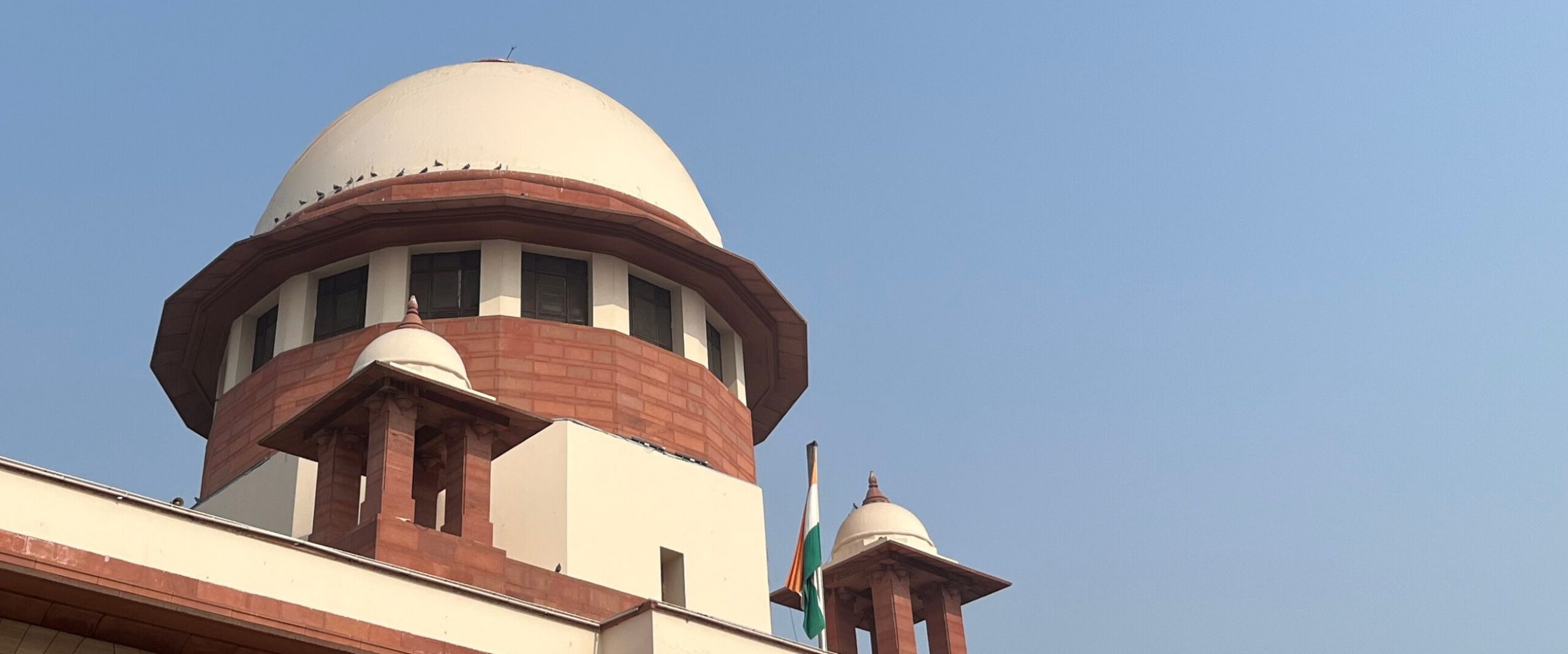Analysis
A Special Bench assembles on a Saturday
A Calcutta High Court judge’s accusation of political bias against a brother judge saw the Supreme Court swing into action

On 26 January, the Supreme Court released a notification stating that the five seniormost judges would assemble for a special hearing the next day, which was a Saturday. The case concerned conflicting orders from two benches of the Calcutta High Court.
The power to constitute Special Benches lies with the Chief Justice of India. Last year, Special Benches assembled 166 times. But the present instance is noteworthy for two reasons: (a) the weekend hearing; (b) the five-judge bench comprising the seniormost judges. So, what warranted this situation?
On 24 January, Justice Abhijit Gangopadhyay of the Calcutta High Court issued an Order directing a CBI probe into a case where it had been alleged that fake caste certificates had been issued to secure medical seats in West Bengal. Subsequently, the Advocate General mentioned the case before a Division Bench comprising Justices Soumen Sen and Uday Kumar who stayed Justice Gangopadhyay’s Order. Following this, Justice Gangopadhyay issued another Order on 25 January accusing Justice Sen of “misconduct.”
Justice Gangopadhyay’s second Order is what tipped the Supreme Court to take up the matter suo motu with full artillery and urgency. The Order openly and unequivocally accuses Justice Sen of acting for a political party in the state. It also flags the government’s inaction over a Collegium resolution recommending Justice Sen’s transfer to the Orissa High Court. “Justice Sen is acting clearly for some political party in this State and, therefore, the orders passed in the matters involving State, are required to be relooked if the Hon’ble Supreme Court thinks so,” Justice Gangopadhyay wrote.
So when the Bench gathered in the Supreme Court on Saturday, anticipation was high. The Attorney General, Solicitor General and several Senior Advocates were present. “We will take charge now,” the Chief declared. But in a little over 10 minutes, it was all over for the day. The Bench didn’t delve into merits and instead announced its intention to hear the matter on Monday. Meanwhile, the Bench suspended all proceedings in the Calcutta High Court and served notice to the concerned parties.
In the past, Special Benches have assembled over a weekend in cases involving interim bail for Teesta Setalvad, reversing the acquittal of Prof. G. Sai Baba, and the 2019 political crisis in Maharashtra. In November 2019, a Special Bench of the Court infamously assembled on a Saturday to hear a matter that threatened the integrity of the office of the CJI. In that case, former CJI Ranjan Gogoi sat with two others to adjudicate allegations of sexual harassment against himself.
While there is no discernible pattern regarding Saturday sittings, Justice Gangopadhyay’s case stands apart. It requires the top court to exercise its supervisory role over the country’s judicial institutions. Tomorrow, whether or not the Court addresses the issue of political bias directly, it is expected to tackle the procedural questions at hand.
First, there is the question of jurisdiction—the Division Bench reportedly passed an Order without an appeal memorandum or the production of the original Order. Adding to the complication is the fact that a single-judge bench essentially tried to overturn an Order of a Division Bench. Can a bench of a lower quorum breach the rule of being bound by a higher bench in the interest of justice?
We will be keeping an eye on the proceedings and you can keep an eye on us to know what happens.
– R. Sai Spandana, Associate Editor
This article was first featured in SCO’s Weekly newsletter. Sign up now!